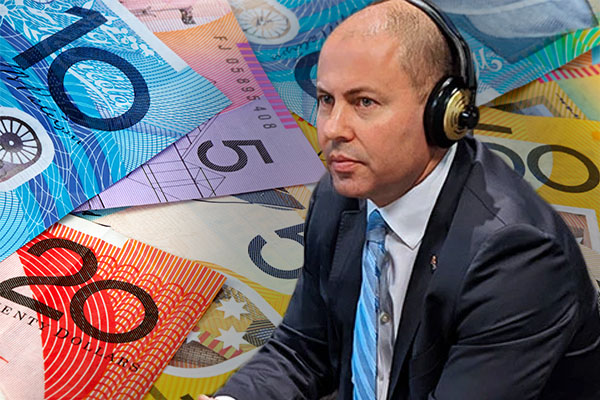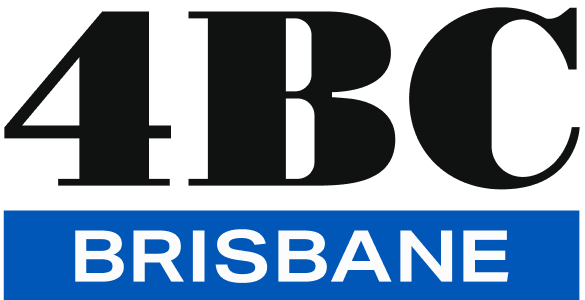JobKeeper payment explained: Josh Frydenberg

Treasurer Josh Frydenberg has joined Ray Hadley to answer all your questions about the new wage subsidy, JobKeeper.
Over 800,000 businesses have applied for the JobKeeper subsidy which gives an employer $1500 a fortnight, per employee, to pass on to their workers.
The Treasurer has come on air to answer your questions:
If a company is not in the position to top up a worker’s pay, is the worker still expected to work their full hours?
“If an employee is earning $3000 per fortnight for a 38 hour week, the JobKeeper subsidy will pay $1500 and the employer is obliged to pay the additional $1500 if they still want that employee to continue working all those hours.”
Would some companies choose not to participate in JobKeeper?
“What I say to those businesses who may have closed because of social distancing rules:
“You will still have employees that are on your books. You are eligible to apply.”
What if a business can’t pay their staff before May when the business would be reimbursed?
“For those that are struggling with their cash flow, they must go and see their bank. My understanding is that the bank will be accommodative. If they’re not, contact you and contact us.”
Do charities qualify for JobKeeper?
“They won’t know yet because they’ve got to put in their application, register it with the ATO.
“We put in place a lower threshold for those charities.”
If a company’s business has slowed this year, but isn’t down the required 30 per cent from last year, does that employer still qualify?
“You take a month period and you compare it to the previous year.
“There will be certain circumstances where the ATO will use its discretion.”
Click PLAY below to hear the full interview
Australian Banking Association CEO Anna Bligh tells Ray Hadley banks can offer capital or extend a line of credit for businesses who are struggling to pay their employees while they wait for government reimbursement.
“There are businesses that were in a lot of trouble before COVID-19 and banks will be reticent to put those businesses into more debt, but they’ll be the exception.
“Most businesses, banks can see their cash flow, they’ve got all the data that says this business was trading well until it was either; shut down by the government or customers just stopped coming because they were doing with the government was asking and just stayed home.”
Click PLAY below to hear the full interview














